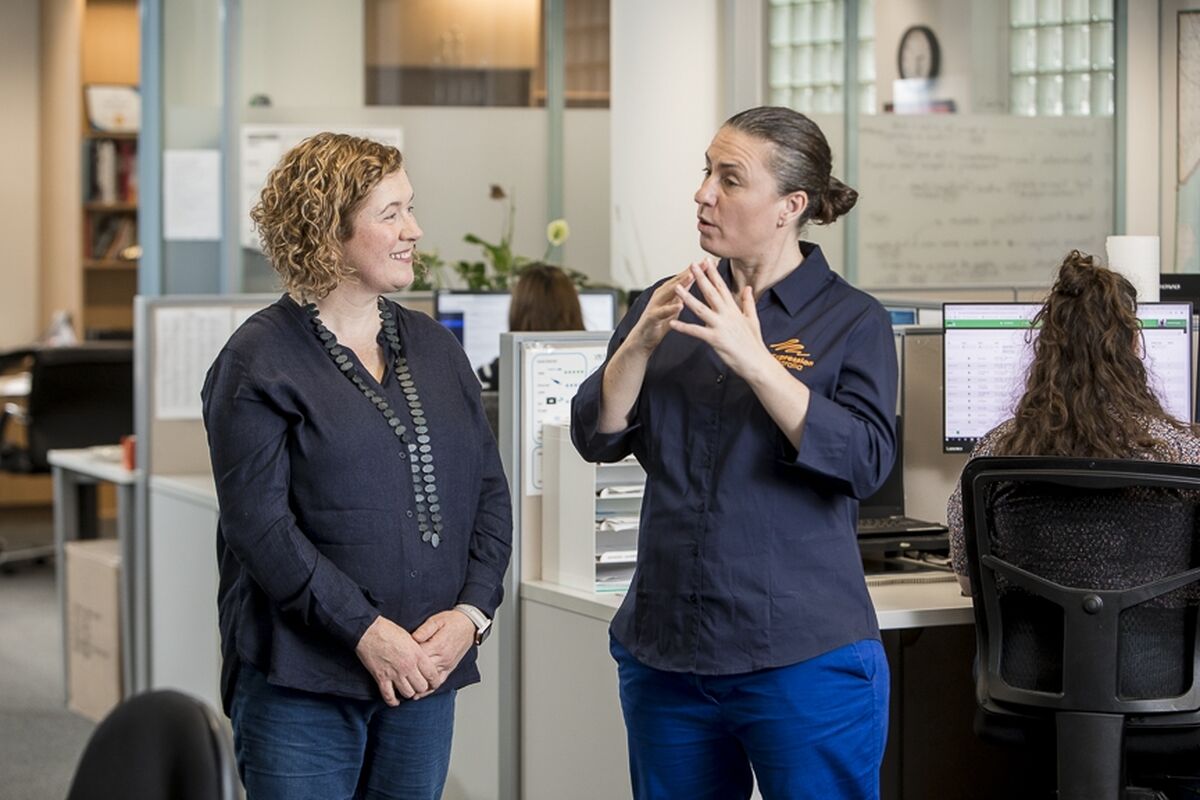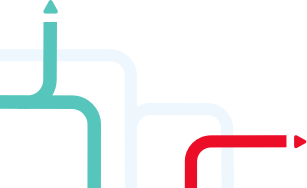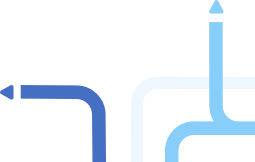Communicating effectively at work is essential to a positive and productive team environment.
In this section, you will learn more about how to ensure your workplace is accessible and inclusive for all members of your team.
For Employers:
There is no one method of communication that works for all deaf people. The best way to establish preferred communication methods with deaf employees is to discuss what works best for them. Regardless of the agreed communication method, it is essential to always communicate respectfully with all team members.
Some communication methods include:
Auslan
Auslan or Australian Sign language is the language of the Australian Deaf community. Communication in Auslan can happen directly with employers who know or are learning Auslan or via an interpreter.
For deaf people who are bilingual in English and Auslan, email can be a good way to communicate outside of team meetings.
Writing
For unplanned or short exchanges, writing on a piece of paper can be an effective way to communicate with deaf or hard of hearing team members.
Pager systems
For emergency procedures and requests, pager systems can be a useful communication tool.
You can find more detailed information about deafness and creating an inclusive and accessible workplaces via the Job Access website: https://www.jobaccess.gov.au/deafness-hearing-loss-work (link opens in a new window).
For Employees:
It is your right to be respected, included and treated equally at work.
If your employer is not acknowledging your communication needs in the workplace, you may like to share the Job Access article above (link opens in a new window), or direct them to Deaf Awareness Training.
For more information about the United Nations Convention on the Rights of Persons with Disabilities including summaries in Auslan, visit the Deaf Australia website here: https://deafaustralia.org.au/advocacy/un-convention/ (link opens in a new tab).
Employment Assistance Fund (EAF) provides funding to employers to ensure deaf and hard-of-hearing employees have access to Auslan interpreters. You can find out more about the EAF here.
Looking for work:
If you are deaf or hard of hearing and looking for work, visit the Disability Employment Services page of our website.





